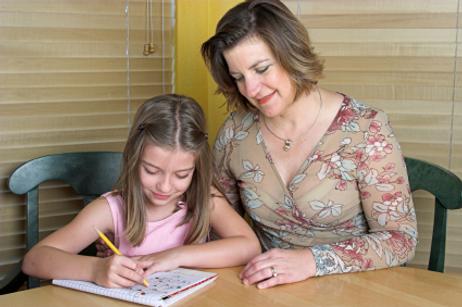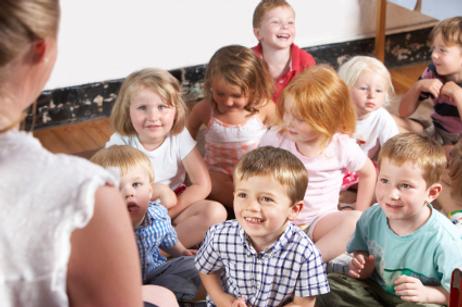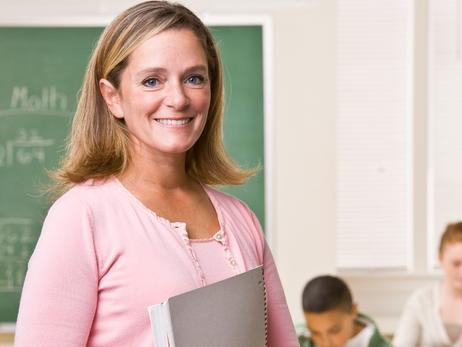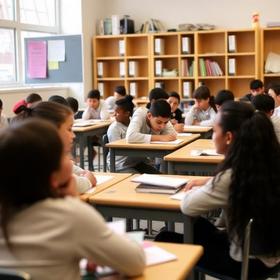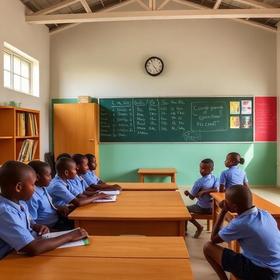I am often asked what benefits there are for parents when they send their children to private school. The quintessential "What's in it for me?" is a legitimate question. After all you are thinking about sending your baby off to a school where you are being told she will work hard, learn how to get along with others and be involved in all kinds of activities. And it is going to cost you a small fortune to boot.
Your concerns are well-founded. So against that backdrop let's examine what I personally consider to be the three main benefits for us parents of sending our children to private school. Lest you think that I am speculating or theorizing, all four of our children went to private school. All grades too. Nursery school. Elementary school. Middle School and high school. So I speak from my own experience as a private school parent.
1. Knowing that your child will receive a comprehensive education: academics, sports and extracurricular activities.
Private schools educate the whole child. Educating the whole child requires an integrated program of academic studies, athletics and extracurricular activities. Essentially a private school is going to pick up where you left off when you sent her to school.
You have invested some serious time raising your child. Remember how you did it? Always a variety of activities. Always encouraging your child to do things she didn't know she

